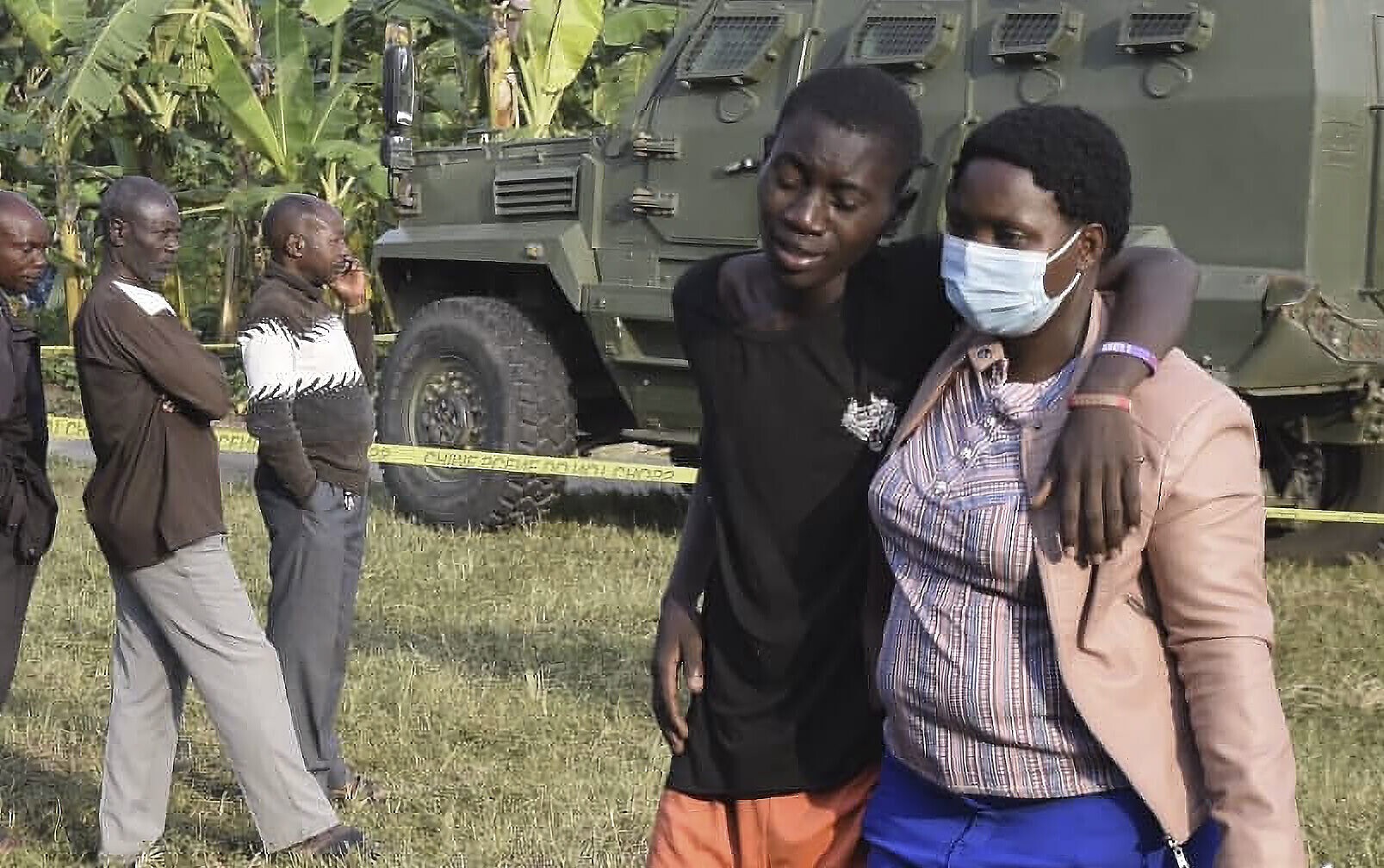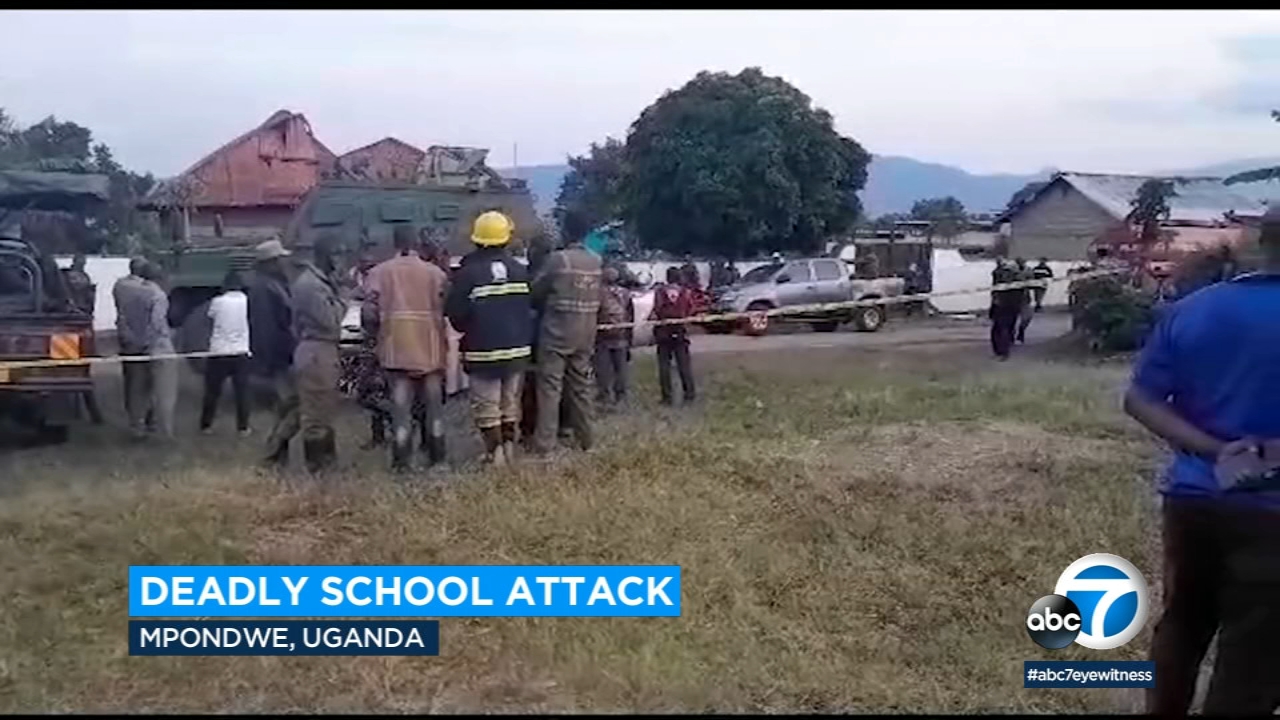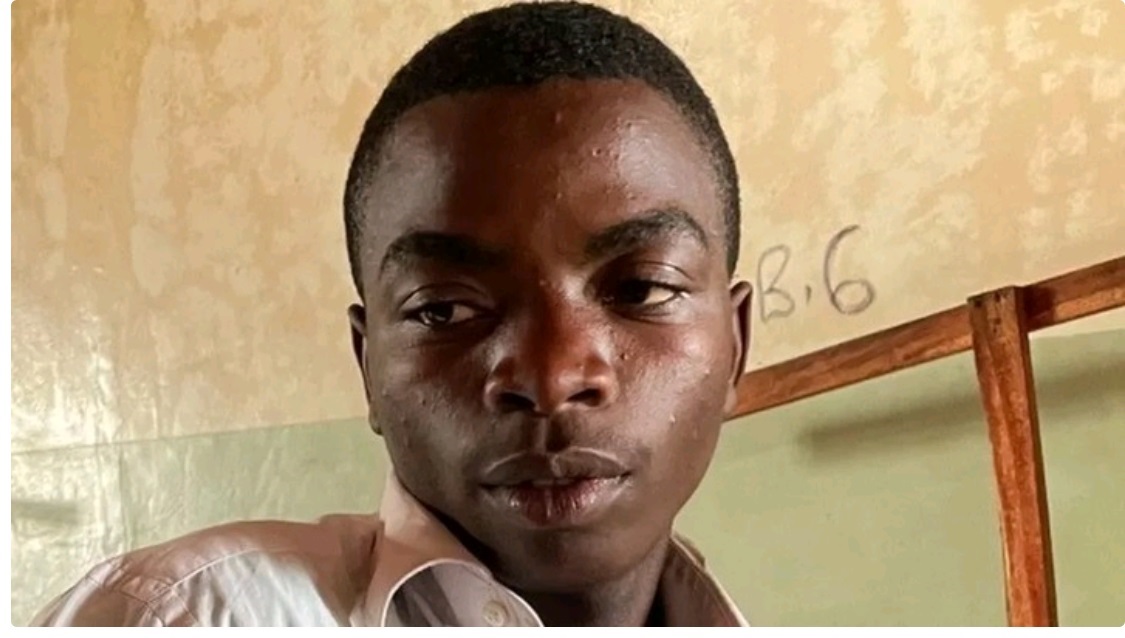The Lhubiriha school in Mpondwe was attacked late on Friday night by five individuals, all of whom were affiliated with the Allied Democratic Forces (ADF) located in the neighbouring Democratic Republic of the Congo, according to horrifying reports from Uganda.
Yoweri Museveni, the president of Uganda, issued an order on Sunday to send extra troops to western Uganda, where at least 37 secondary school pupils were slain by assailants from a group with ties to the Islamic State.
The secondary school in the small town of Mpondwe, Western Uganda, was attacked by terrorists on Friday night, killing roughly 40 persons, 37 of whom were kids. The cause for the heinous crime has not yet been revealed.
Did you read this?
The intruders, according to the military and police, also kidnapped six pupils before running across the border and into the Virunga National Park. Their fate is a mystery.
The attackers killed and injured the students after breaking into the school and setting fire to the building. Eight persons are in critical condition, and 37 student deaths have been verified to date.
In the region, which contains Rwenzori Mountain, from which the ADF launched their uprising against Museveni in the 1990s, additional soldiers, according to Museveni, had joined the pursuit.
However, in a news that was published online by the BBC this morning, it was reported that a survivor, Student Julius Isingoma, has told the BBC how he miraculously survived a nighttime assault by the suspected Islamist rebels, on his school dormitory in Western Uganda.
Horrifying reports from Uganda detail how five men –all connected with the Allied Democratic Forces (ADF) based in the neighbouring Democratic Republic of Congo - attacked the Lhubiriha school in Mpondwe late on Friday night.
Uganda's President Yoweri Museveni on Sunday ordered more troops to western Uganda where attackers from a group with links to Islamic State killed at least 37 secondary school students.
The secondary school in the small town of Mpondwe, Western Uganda, was attacked by terrorists on Friday night, killing roughly 40 persons, 37 of whom were kids, according to a report last week. The cause for the heinous crime has not yet been revealed.
The intruders, according to the military and police, also kidnapped six pupils before running across the border and into the Virunga National Park. Their fate is a mystery.
The attackers killed and injured the students after breaking into the school and setting fire to the building. Eight persons are in critical condition, and 37 student deaths have been verified to date.

In the region, which contains Rwenzori Mountain, from which the ADF launched their uprising against Museveni in the 1990s, additional soldiers, according to Museveni, had joined the pursuit.
A survivor, Student Julius Isingoma, told the BBC how he miraculously survived a nighttime assault by the suspected Islamist rebels on his school dormitory in Western Uganda, according to news that was published online by the BBC this morning.
Julius was one of the six people who managed to survive the onslaught, which lasted for several hours inside the school, and it was stated that six pupils were thought to have been taken as the militants fled to DR Congo after the attack.
The death toll was reported as 41 on Saturday by the privately owned NTV Uganda television and as 42 by the government-run New Vision newspaper. 39 of the fatalities, according to New Vision, were students. Some of the victims died when the assailants detonated a device as they fled.
The Ugandan army claimed it was pursuing the attackers with both aircraft and ground units in an effort to apprehend them.
“They came to the boys’ dormitory but we locked it after realizing we were in danger. And when they could not open the door, they hurled a bomb inside the dormitory and then used hammers and axes to break down the door," a survivor narrated.
The African Union, the United Nations, and the Intergovernmental Authority on Development in East Africa all condemned the attack on a global scale. The attack stunned the people of Uganda.

Antonio Guterres, secretary general of the United Nations, condemned the incident as a "appalling act" and demanded that those responsible be caught.









